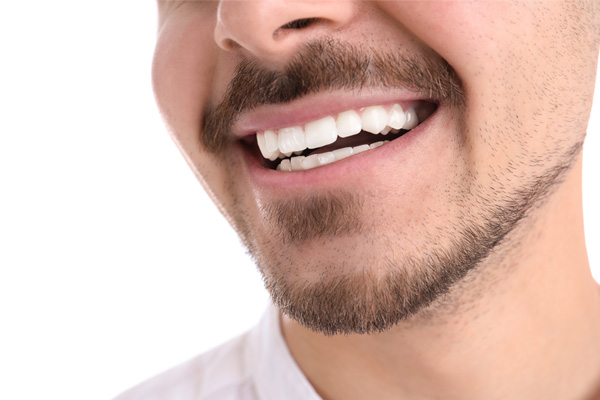5 Tips for Guarding Your Mouth From Oral Cancer

Oral cancer is described as one of the deadliest types of cancer. It is a deadly health condition with one of the highest mortality rates in the world. Men are more at risk of this cancer than women. Worse still, the risk increases with age. If you have been previously diagnosed with neck or head cancer, you are at a higher risk of developing oral cancer.
Other risk factors include smoking and tobacco use, excessive intake of alcohol and sun damage from ultraviolet rays. Oral cancer is usually first noticed on the lower palate of the mouth and tongue. Afterward, it spreads to other areas of the mouth, including the salivary glands, gums, esophagus and neck. Early diagnosis and treatment are imperative to curtail the effects of this disease.
What you can do
To prevent oral cancer or catch it in its preliminary stages, there are steps you can take actively:
1. Practice good oral hygiene
Remember to floss and brush your teeth regularly. Poor oral health weakens your immune system and limits your body’s ability to ward off diseases.
2. Limit or cut out unhealthy habits
Avoid smoking or chewing cigarettes or other tobacco products. If you are currently a smoker, make a conscious decision to stop.
Limit your alcohol intake and do not binge drink. The level of alcohol and tobacco you use can increase your risk of getting oral cancer.
3. Be sun smart
Reduce your sun exposure. Just as you should not forget to use sunscreen, remember to apply some to your lips, as well. Ideally, use a UV-A/B inhibiting sun protection when you go out under the sun. Constant exposure increases your risk of developing cancer on the lips. Always keep a handy sunscreen with you, just in case.
4. Exercise and diet
Leading an active lifestyle helps to boost your immune system and prevent cancer.
As for the importance of a healthy diet, make sure to prioritize cancer-fighting foods. The American Institute for Cancer Research recommends eating more berries, beans, dark green leafy vegetables, cruciferous vegetables, garlic, flaxseed, grapes, green tea, soy and tomatoes due to their noted effectiveness in cancer prevention. Currently, several studies have confirmed the role of diets and nutrition in the prevention of cancer.
Watch how you cook your meals — the method you use for preparing your foods contributes in part to preventing oral cancer. Instead of frying and grilling, consider baking, boiling or steaming. Consider adopting healthy spices and herbs such as ginger, garlic and curry powder for additional flavor.
5. Schedule regular dentist visits
Visit your dentist and dental hygienist regularly. Dental experts suggest having biannual dental visits, during which a dentist will perform an oral cancer screening and other routine examinations.
In conclusion
You can perform a self-examination for oral cancer every month. If you are a woman, you can do it concurrently with your breast examination. The evaluation takes only a few minutes but could make a radical impact on your life. You can get a handy mouth mirror from the nearest pharmacy so you can see the inner crevices of your mouth. Ensure you check the back or side areas of your tongue. If you discover anything out of the ordinary — bumps, lumps, whitish coating, tender areas, red or grey patches, you need to visit the dentist immediately for an oral cancer screening.
Request an appointment here: https://www.thanasasdds.com or call Thanasas Family Dental Care at (248) 260-2878 for an appointment in our Troy office.
Check out what others are saying about our dental services on Yelp: Oral Cancer Screening.
Recent Posts
Gum disease treatment is necessary for patients whose tooth decay has progressed enough to cause inflammation of the gumline. Without proper treatment, the gum disease will continue to worsen. Dentists have access to specialized tools that patients cannot use in their homes to remedy the issue. While each person’s oral health situation is unique, most…
Gum disease is a serious condition that can result in a need for periodontal treatment. Periodontal treatment is often necessary to destroy the infection and prevent it from worsening. Often, without treatment, a case of gum disease can become advanced, resulting in tooth loss, receding gums, and even jaw deterioration, all of which can be…
Gum disease may have a variety of negative effects on your oral health. Read on to learn about the effects of untreated gum disease on your oral health. Untreated gum disease might ultimately result in major complications such as loss of jawbone density and tooth loss. As a result, excellent gum care is critical.Note that…
Gum disease is one of the most popular reasons people seek dental care. It is a gum infection that can lead to teeth falling out of their sockets when left untreated. Also known as periodontal disease, it occurs in two distinct stages: gingivitis and periodontitis.Gingivitis is the first stage of gum disease, and it is…


